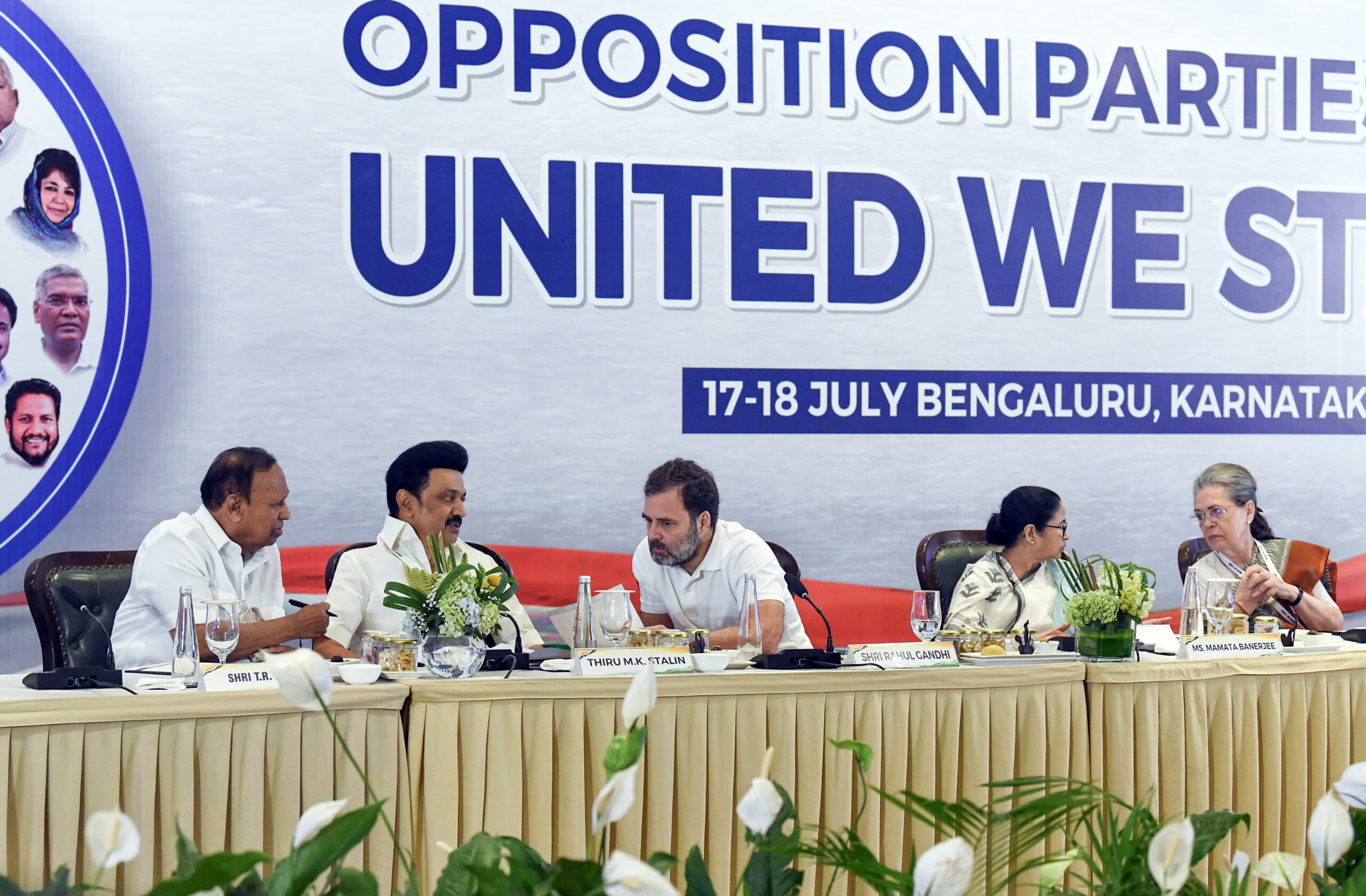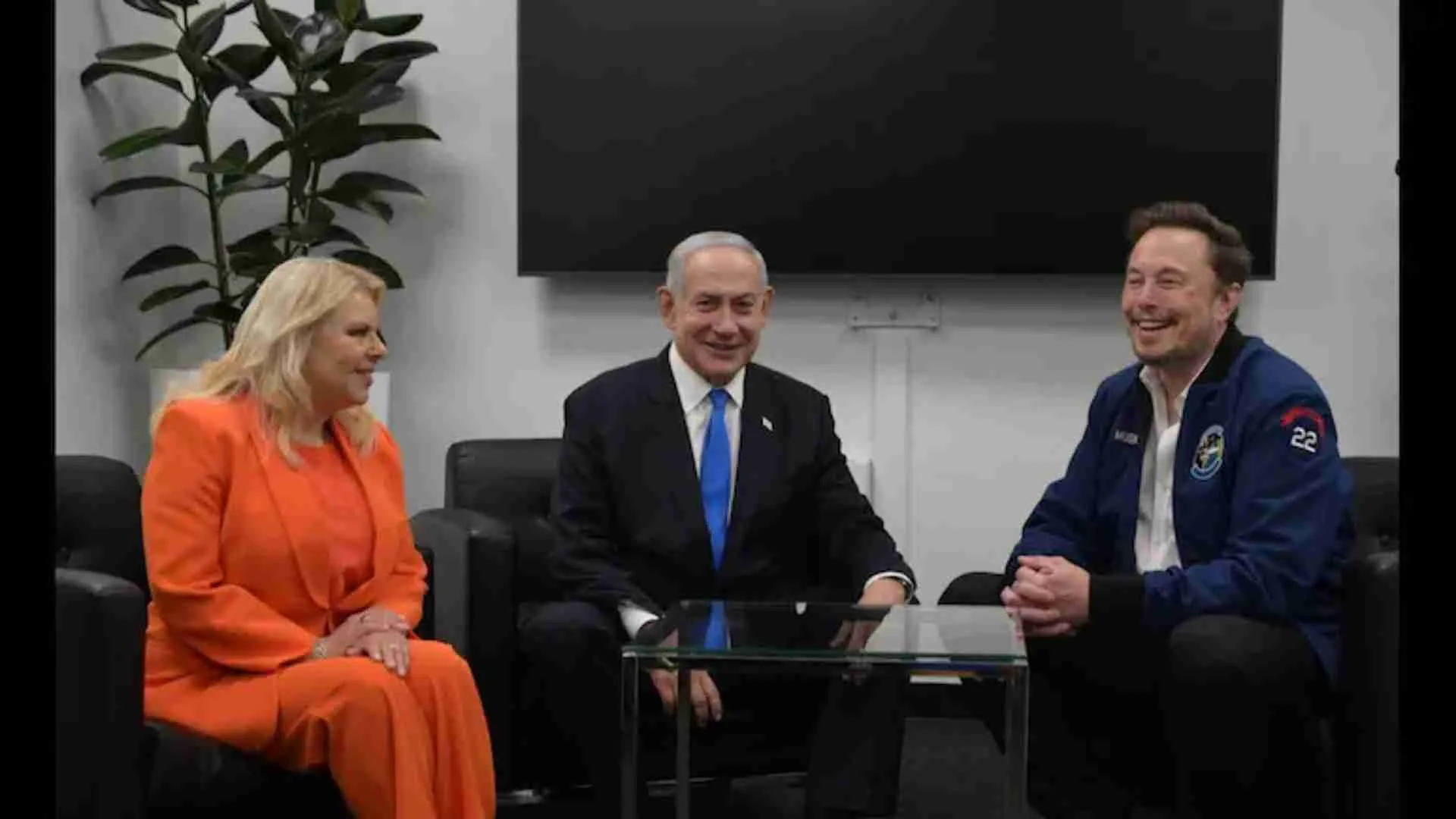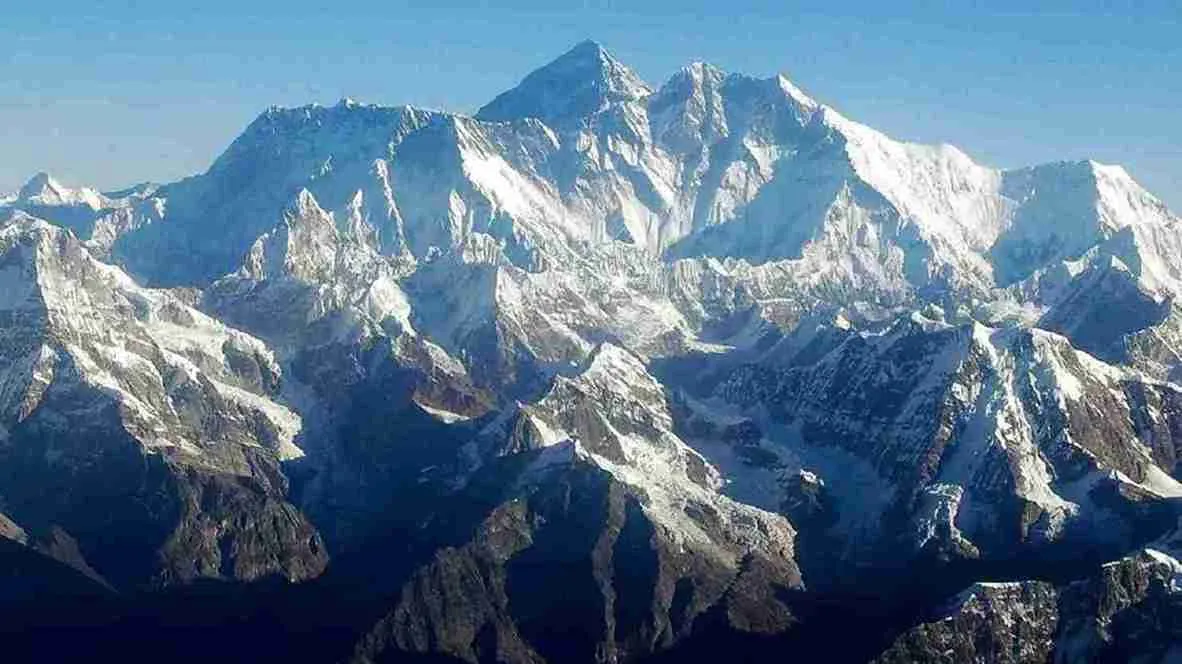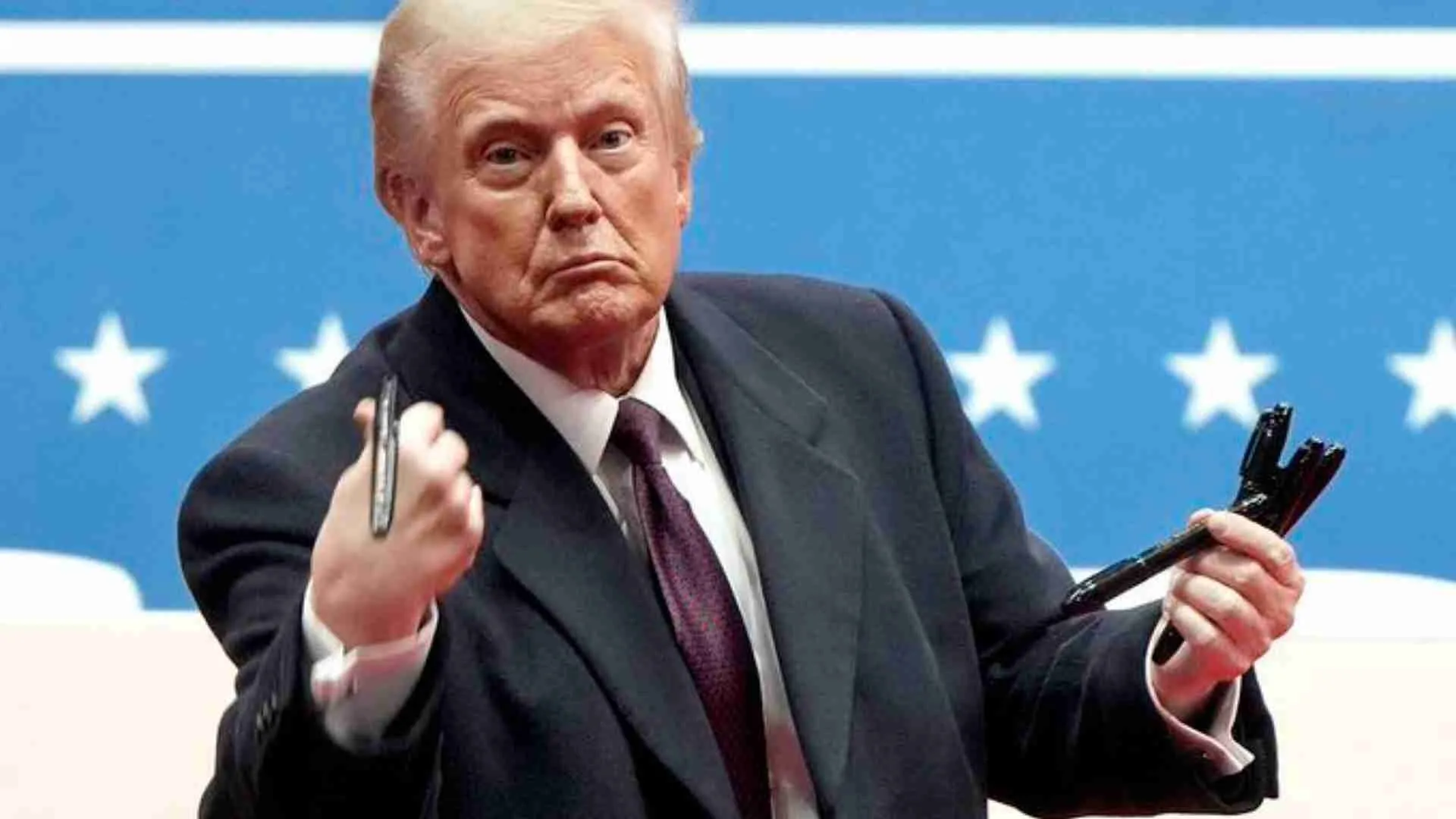A question that is baffling a lot of people is: which way is the I.N.D.I.A bloc headed? The meeting of the alliance partners that was called by Congress president Mallikarjun Kharge, has been postponed, with Bihar Chief Minister Nitish Kumar and Tamil Nadu Chief Minister M.K. Stalin expressing their inability to attend. West Bengal Chief Minister Mamata Banerjee complains that she was not invited so will not go for it. Even Samajwadi Party president Akhilesh Yadav seems to be unavailable. Although the Congress has deferred the meeting, but the respective party bosses’ scheduling difficulties seem to be the most unlikely reason for this no-show. The Congress, which was taking the lead in forming the alliance, has taken a beating in the three Hindi heartland states of Madhya Pradesh, Chhattisgarh and Rajasthan in the Assembly elections, and even its solitary win in Telangana over the BRS is unlikely to help it recover the momentum it had gained post the Karnataka victory. The regional parties are not willing to be dictated by the Congress. The rumblings started much earlier, with Akhilesh Yadav contesting on his own in Madhya Pradesh when the Congress refused to give him a few seats to contest from. This will have a direct bearing on Uttar Pradesh, with a shadow being cast on any possible alliance between the SP and the Congress in the Lok Sabha elections. The way things are, the Congress has very little chance of winning any seats in UP without being in alliance with the SP. The buzz is that Congress is trying for an alliance with the BSP, with Mayawati’s own vote bank presumed to be more or less intact. But given Mayawati is not showing any inclination to join the I.N.D.I.A bloc, will she be willing to be the crutch to help the Congress win a few seats?
As for Bengal, Mamata Banerjee is clear—that I.N.D.I.A can work only if the Left and Congress, that are in alliance with each other in Bengal, do not oppose her in any manner in the state. In other words, they would have to disappear from the scene, while transferring all their votes to her as she takes on the BJP. She is now saying that the Congress lost in the three states because it was not in alliance with its I.N.D.I.A partners, although she knows well that an alliance of parties that have been rivals historically, does not mean an automatic transfer of votes. In the 2019 Lok Sabha elections, the SP and BSP were in alliance in UP. The SP transferred its votes to BSP, but not vice versa. As a result, the BSP got 15 Lok Sabha seats, while the SP got a meagre five. In fact, Mamata herself has benefited from a similar situation. A Left and Congress alliance took on the Mamata government in Bengal in the 2016 Assembly elections. On paper, as they went into the elections, they were numerically superior to the TMC. However, during voting the Congress vote did not transfer to the Left, and CPM performed badly, even worse than Congress, while Mamata Banerjee romped home.
In 2023, the CPM, under pressure from its state unit, whose sworn enemy is the TMC, is not ready to agree to Mamata’s maximalist terms. Interestingly, the Left-Congress alliance in Bengal will not extend to Kerala, where the two parties are rivals.
In Punjab, the ruling Aam Aadmi Party is unlikely to give the Congress a single seat to contest from. But it wants to be in alliance with the Congress in Delhi, as otherwise it believes that it cannot take on the BJP.
The fundamental problem with I.N.D.I.A is that its internal contradictions are a major drag on its ambitions. All the alliance partners are fighting a turf war with each other. With similar ideas and ideologies, the regional parties can grow only at the expense of the Congress, while for the Congress to return to its glory days, it must first encroach on the regional parties’ turf before it takes on the BJP. This is not an easy turf war for the Congress. In fact, just when it thought it was winning the war, the Hindi heartland results came, hobbling it.
Add to this the fact that some I.N.D.I.A partners bring to the table their own baggage. The DMK equating Sanatan Dharma with dengue and malaria, or DMK MP Senthil Kumar making a “gaumutra” jibe at the states that have voted for the BJP, does not help any of the alliance partners. It’s like serving the BJP with a readymade issue on a platter. Such comments are bound to have an effect not only in North India, but also in the South, which has a huge number of religious Hindus. Moreover, when the Congress is not seen to be as vocal as it should be against such comments, its relative silence may get projected by its rivals as complicity.
Hence, currently, the only issue on which there is consensus among the allies is the name I.N.D.I.A. Beyond that, they do not seem to know where they are headed..

















